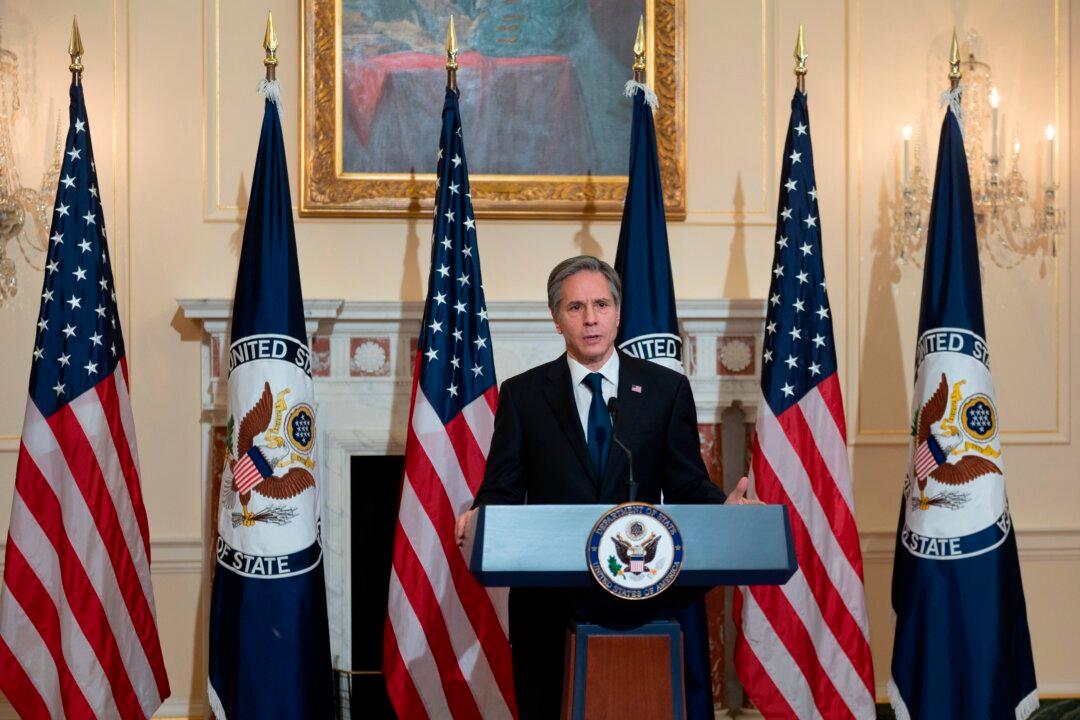Secretary of State Antony Blinken on March 3 listed managing the United States’ relationship with the Chinese regime as a top priority of the Biden administration, describing it as “the biggest geopolitical test of the 21st century.”
Blinken, in his first speech outlining the Biden administration’s foreign policy strategy, said the challenge posed by the Chinese regime is different from those posed by other countries such as Russia and North Korea.





